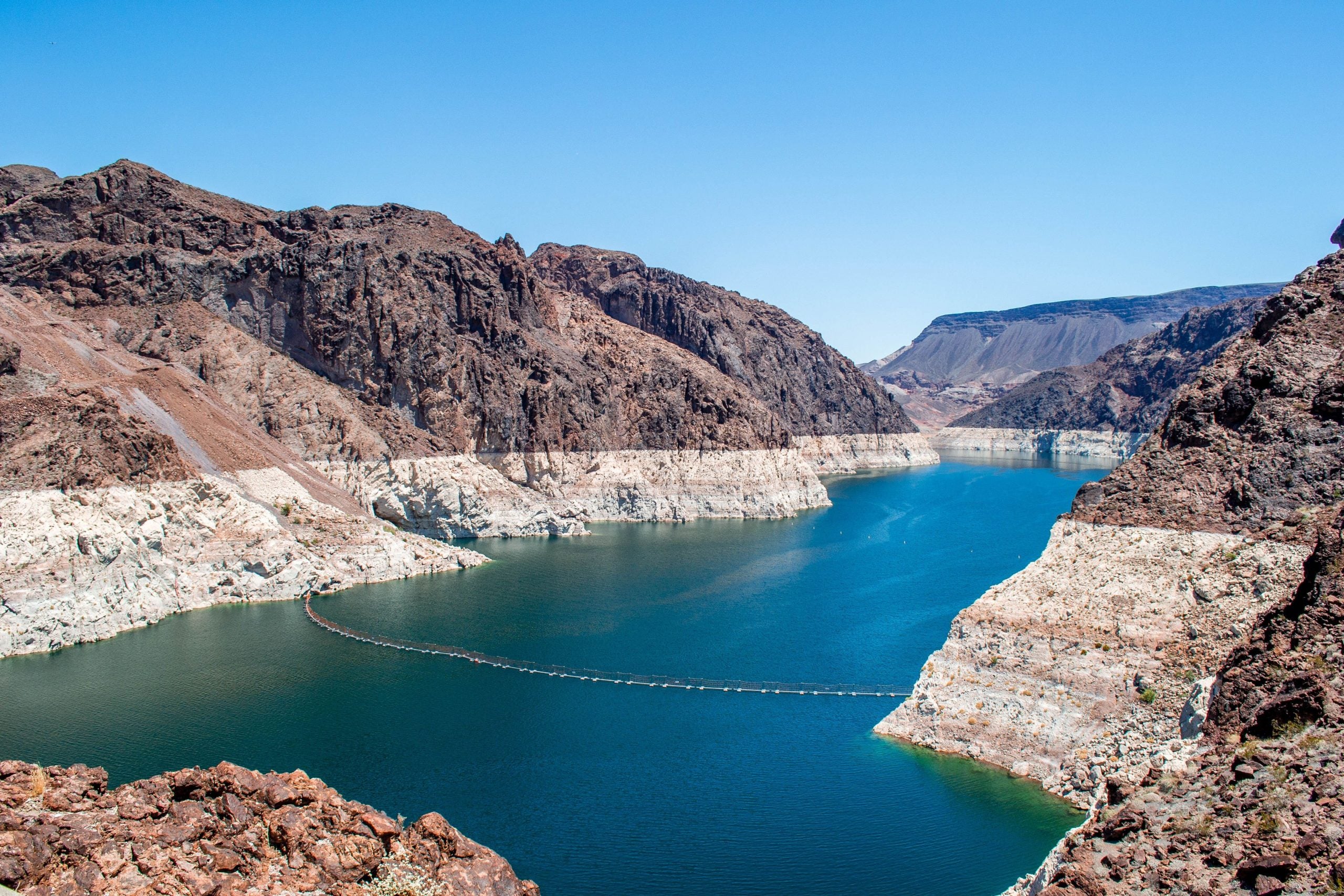This landmark water conservation agreement is good news for Arizona. We need more like it.Water scarcity in the Colorado River is becoming more ...
Published on by Water Network Research, Official research team of The Water Network

Water scarcity in the Colorado River is becoming more urgent by the day. As temperatures soar to record levels — 122 degrees in Phoenix last month — Lake Mead has plummeted to 37% of its capacity, the lowest level since the nation’s largest reservoir was filled in 1935.
Amid this dire picture comes one significant piece of good news: In the largest ever multisector response to drought, final funding has been committed to enable the Colorado River Indian Tribes (CRIT) to conserve nearly 49 billion gallons of water (or 150,000 acre-feet) in Lake Mead over three years.
This project is the largest single conservation effort to date, both in dollars and volume of water, in the Colorado River Basin. It is a harbinger of the unprecedented collaboration that will be required going forward to build resilience to climate change and water scarcity in the West.
A total of $38 million in state, private and philanthropic funding has been raised as part of the landmark water conservation project with CRIT, which has senior Colorado River water rights. In addition to $30 million from the state, the funders include a powerful lineup from the corporate sector: Intel Corp.; Google; Microsoft; Procter & Gamble; Reformation; Keurig Dr Pepper; Ecolab; Cascade; Cox; The Coca-Cola Foundation; Silk; Target; Brochu Walker; and Swire Coca-Cola, USA. Philanthropic funding was led by the Walton Family Foundation and Water Funder Initiative and also came from the Gordon and Betty Moore Foundation and the Arizona Community Foundation.
A major step forward but more action will be needed.
This conservation project, a component of the Arizona Drought Contingency Plan approved in 2019, represents a major step forward in addressing longstanding supply and demand imbalances in the Colorado River Basin. It also will reduce the risk of severe water shortages that would affect Arizona, Nevada, California and Mexico.
Attached link
http://blogs.edf.org/growingreturns/2021/07/08/landmark-water-conservation-agreement-arizonaTaxonomy
- Conservation
- Resource Conservation
- Conservation
1 Comment
-
Hi, Dear
Your explanation in this report is generally stated. If possible, provide more details (for example, this problem is due to water evaporation or salinity of geological formations or other cases) so that as a geologist with water expertise, solutions to solve I present this problem.
Best Regard
Alireza Makvandi